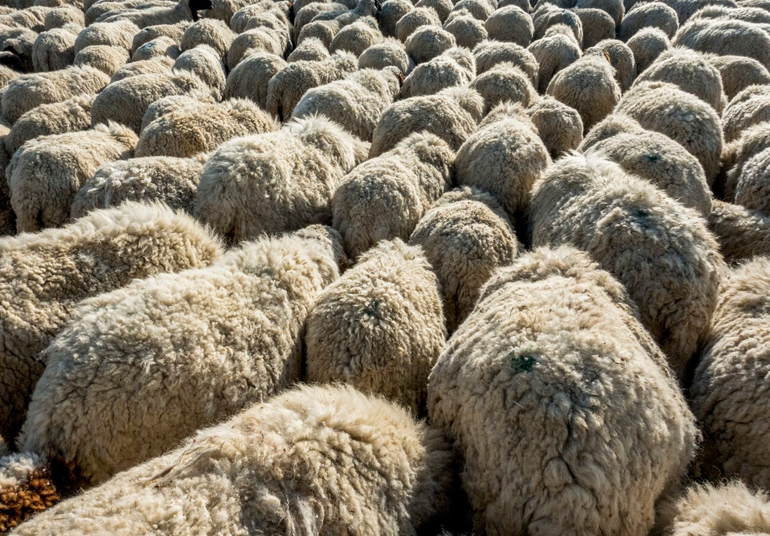info@agrowool.com.tr

Future of Agriculture: Circular Thinking
Modern agriculture has become responsible not only for production but also for protecting and recycling natural resources. In the face of rising costs, dwindling resources, and environmental pressures, the circular economy is gaining prominence. AgroWool's liquid amino acid produced from sheep is one of the strongest examples of this approach being applied to agriculture.
What is a Circular Economy? Why is it important in agriculture?
The circular economy is a production model based on the principle of "reuse" and "recycle" rather than "throw away." In agriculture, this model:
How is Waste Sheep Wool Transformed into Added Value?
Every year, thousands of tons of sheep wool classified as non-textile are burned or thrown away because they have no economic value. However, these aspects:
Reducing Environmental Impact and Carbon Footprint
AgroWool's system:
The AgroWool Model: From Recycling to the Economy
AgroWool's cyclical model is not just a product; it's a holistic approach. It provides both economic and environmental gains in agricultural production.
Natural Raw Material Resources for the Future of Agriculture
The world now better understands the value of natural raw material resources. With this understanding, AgroWool:
The most powerful step for an agriculture that is at peace with nature, avoids wasteful resources, and invests in the future is to choose brands that think cyclically.